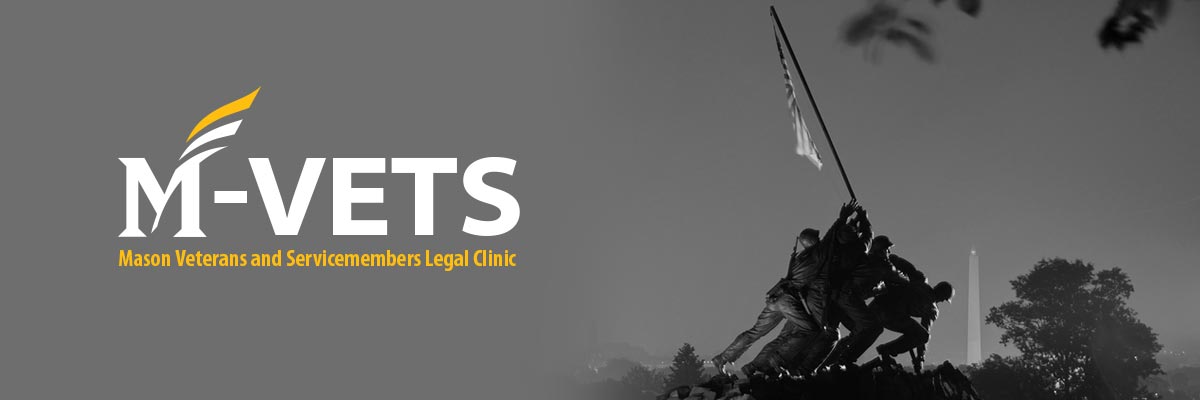Written by Fall 2023 M-VETS Student Advisor Alden Campo.
Introduction:
Mental Healthcare for U.S. Servicemembers and Veterans who have experienced the War on Terror is wholly insufficient to deal with the traumas they have undergone in service of their nation. Post-Traumatic Stress Disorder (“PTSD”) is commonplace throughout the armed forces amongst personnel who have seen active-duty combat, and many Servicemembers and Veterans turn to Substance Use to cope with the traumas related to their service, often concurrently developing a Substance Use Disorder (“SUD”). The War on Terror has primarily consisted of asymmetrical warfare, resulting in high stress and consistent trauma for those who have served in the Armed Forces during its time.
Prevalence of SUDs and PTSD:
SUDs have grown in prevalence over the past several years, with alcohol use being the most easily measured form of Substance Abuse in Veterans, with over 15% of Veterans engaging in binge drinking on a regular basis.[1] The complex interplay of combat experiences, PTSD, and lack of appropriate or effective mental healthcare during time in the service, followed by inadequate pathways to appropriate assistance upon discharge has resulted in an environment that is effectively encouraging Veterans to “self-medicate” through substance misuse.[2] More than two in ten Veterans with PTSD have a SUD, with the number of Veterans affected by SUDs increasing over recent years due to an increase in rates of PTSD in more recent military conflicts.[3] Twenty-nine percent (29%) of the veterans of the War on Terror will be diagnosed with PTSD at some point in their life.[4]
Barriers to Mental Healthcare:
Stigma surrounding mental health and reluctance to seek support hinder veterans from accessing the care they desperately need, with devastating results.[5] In Virginia alone in 2021, 193 Veterans took their own lives; in the United States that year, the number was 6,392.[6] In a single year, more veterans took their own lives than died in Afghanistan and Iraq.[7] Insufficient resources, both in terms of professionals and logistical accessibility, compound the problem, limiting Veterans’ ability to receive timely and adequate mental healthcare, resulting in Veterans choosing instead to turn to substance use to try and cope with their mental traumas. This has a dangerous effect on their health, both physically and mentally, and has lent itself to the increased rates of suicide that Veterans face.
M-VETS and Veterans:
The M-VETS Clinic has helped Veterans with SUDs and PTSD consistently throughout its history. As a Clinic, we are committed to assisting Veterans; all too often, legal issues can arise in the life of a Veteran who has an otherwise impeccable service record on account of undiagnosed PTSD and their SUD they develop in order to cope with trauma. Understanding the issues underlying the problems of those who come to our clinic seeking legal aid is absolutely essential to be able to provide the best legal services possible.
Conclusion:
Addressing substance use disorders and inadequate mental healthcare for War on Terror veterans requires a comprehensive approach. Dismantling stigma, improving access to mental health services, and advocating for policy changes are essential steps toward ensuring that returning veterans receive the comprehensive care they deserve. As we confront the grim reality of substance use disorders and inadequate mental healthcare among War on Terror veterans, it is vital to channel our efforts into helping and understanding those who have dealt with these problems. By understanding the issues, improving access to mental health services, and advocating for policy changes, we can ensure that those who served our nation receive the comprehensive care they deserve upon returning home, and can ensure that we aim to provide them with the best legal assistance and representation possible.
[1] State of Veteran Mental Health and Substance Abuse, https://americanaddictioncenters.org/blog/state-of-veterans
[2] Id.
[3] PTSD and Substance Abuse in Veterans, https://www.ptsd.va.gov/understand/related/substance_abuse_vet.asp
[4] How Common is PTSD in Veterans? https://www.ptsd.va.gov/understand/common/common_veterans.asp
[5] From War to Home: Psychiatric Emergencies of Returning Veterans, https://www.psychiatrictimes.com/view/war-home-psychiatric-emergencies-returning-veterans
[6]Veteran Suicide Data and Reporting, https://www.mentalhealth.va.gov/suicide_prevention/data.asp
[7] US Military Casualties of War, https://en.wikipedia.org/wiki/United_States_military_casualties_of_war
